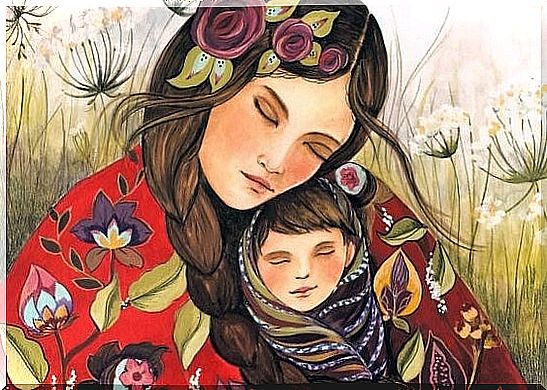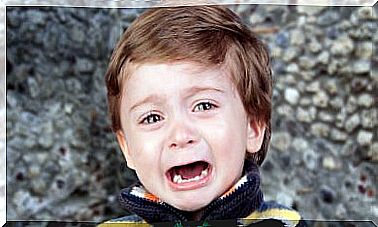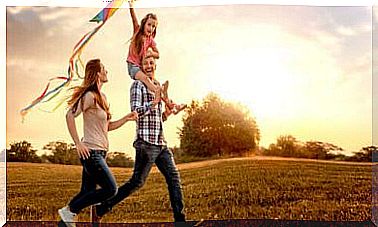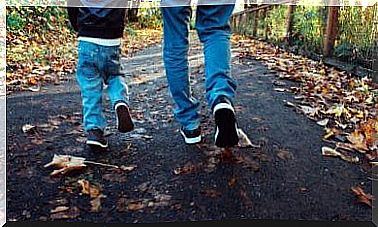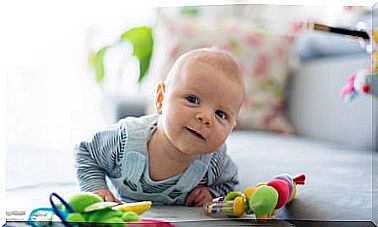Why Do Babies Laugh? This Is What Science Says
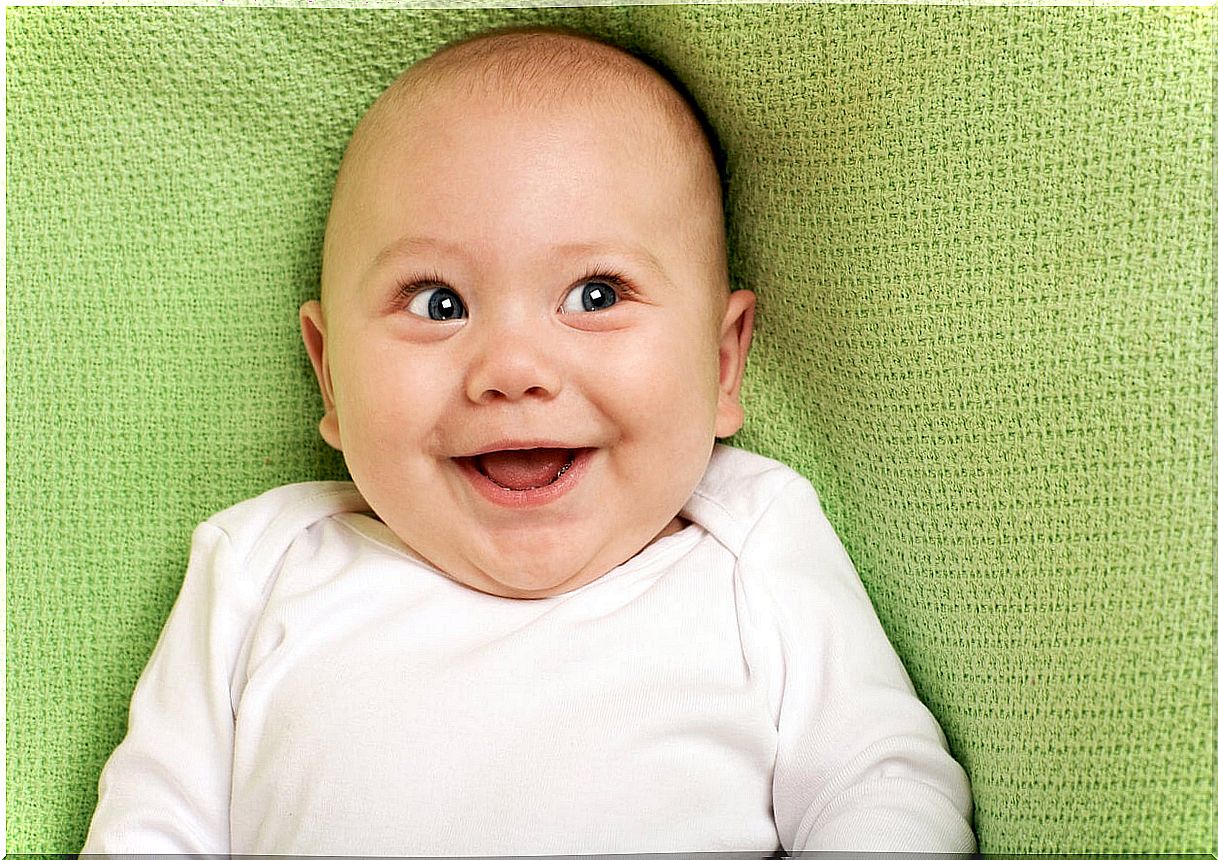
There is nothing more contagious and enjoyable than a baby’s laughter. The moment in which an infant outlines his first smile is one of the most special for a mother, and hearing his laughter while playing with him is a delight. But do you know why babies laugh? Would you like to understand what that sweet gesture that comes from your son responds to? We’ll tell you then.
You may still remember the first moment you saw your baby smile and you are perfectly familiar with the games and situations that arouse their laughter. But you may not know why it is specifically those stimuli that make him laugh and why his laugh appeared at that particular point in his development. Fortunately, science has several answers regarding these interesting topics.
When do babies start laughing?
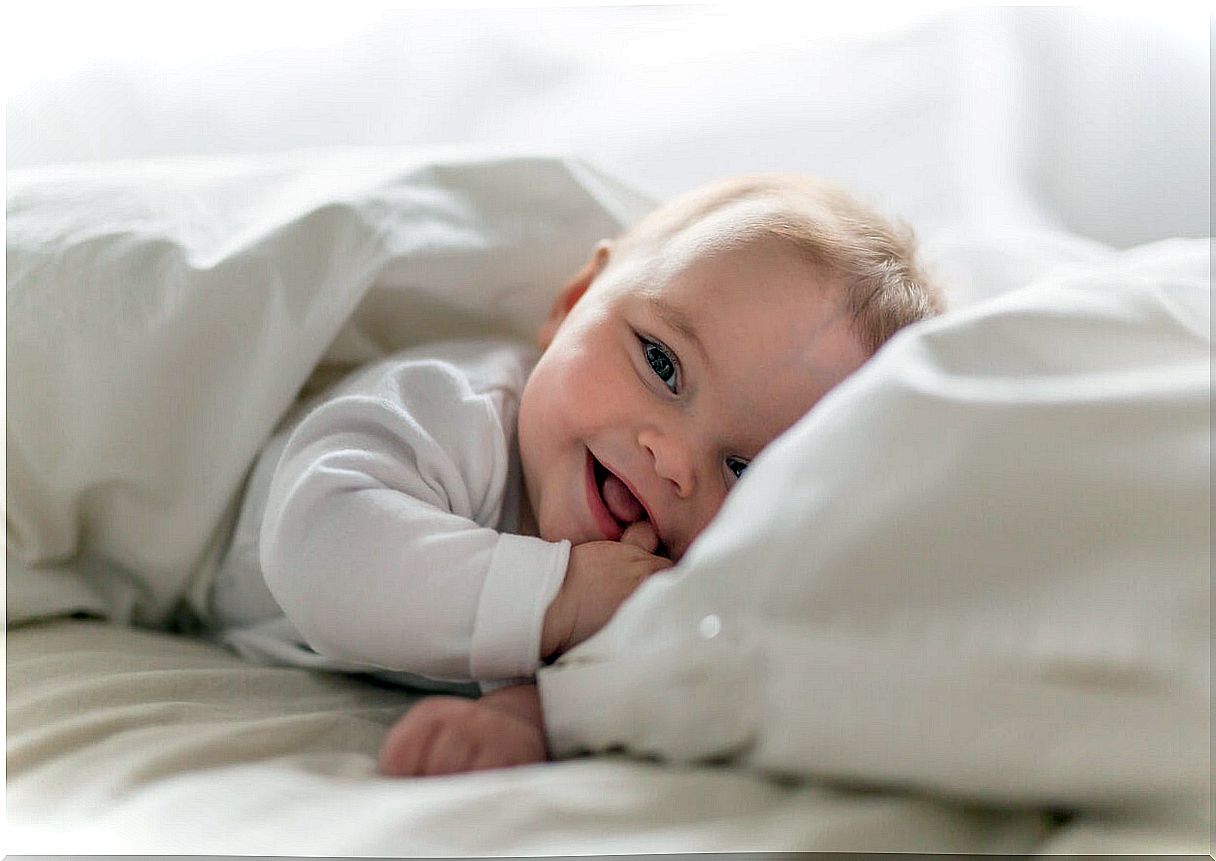
It is possible that, during pregnancy, in one of your gynecological examinations, you will see your baby smile in the womb. However, even if that moment melted your heart, in reality that smile responded only to an involuntary reflection.
That smile based on a spontaneous movement without reason continues during the first weeks of the baby’s life. However, when it approaches six or eight weeks of life, it begins to outline its first social smiles ; that is, they arise in response to adult stimulation or in order to interact with them.
Remember that babies, having not yet acquired speech, can only use non-verbal elements such as crying and smiling to communicate with their parents. For this reason, your baby can smile at your gestures, sounds or games and even throw a smile at you when you pass by him in order to capture your attention. And it is that the little one perceives that this simple gesture is answered and celebrated with great joy on your part, so he will start to use it more and more frequently.
Later, around four months of age, the infant may begin to laugh out loud at certain games or activities shared with you. However, this age is an approximate reference and it must be taken into account that each child follows his own rhythm.
Why do babies laugh?
Humans make us laugh in countless situations of the most diverse. For example, seeing someone stumble and fall to the ground or contemplating another person who, in a careless way, has gone out into the street with two different shoes. This type of event is totally indifferent to babies. And, despite the fact that laughter is natural and shared by many other mammals, they have a high social and cultural component.
In the first years of life, babies tend to laugh mainly at tickling or in the context of rough play. And, according to some research, these characteristics are shared by non-human primates (that is, it is the same stimuli that cause laughter in them). In addition, it has been found that, initially, the laugh of babies is phonetically more similar to that of other great apes (they laugh both when exhaling and inhaling) and becomes more like that of adult humans as they grow older.
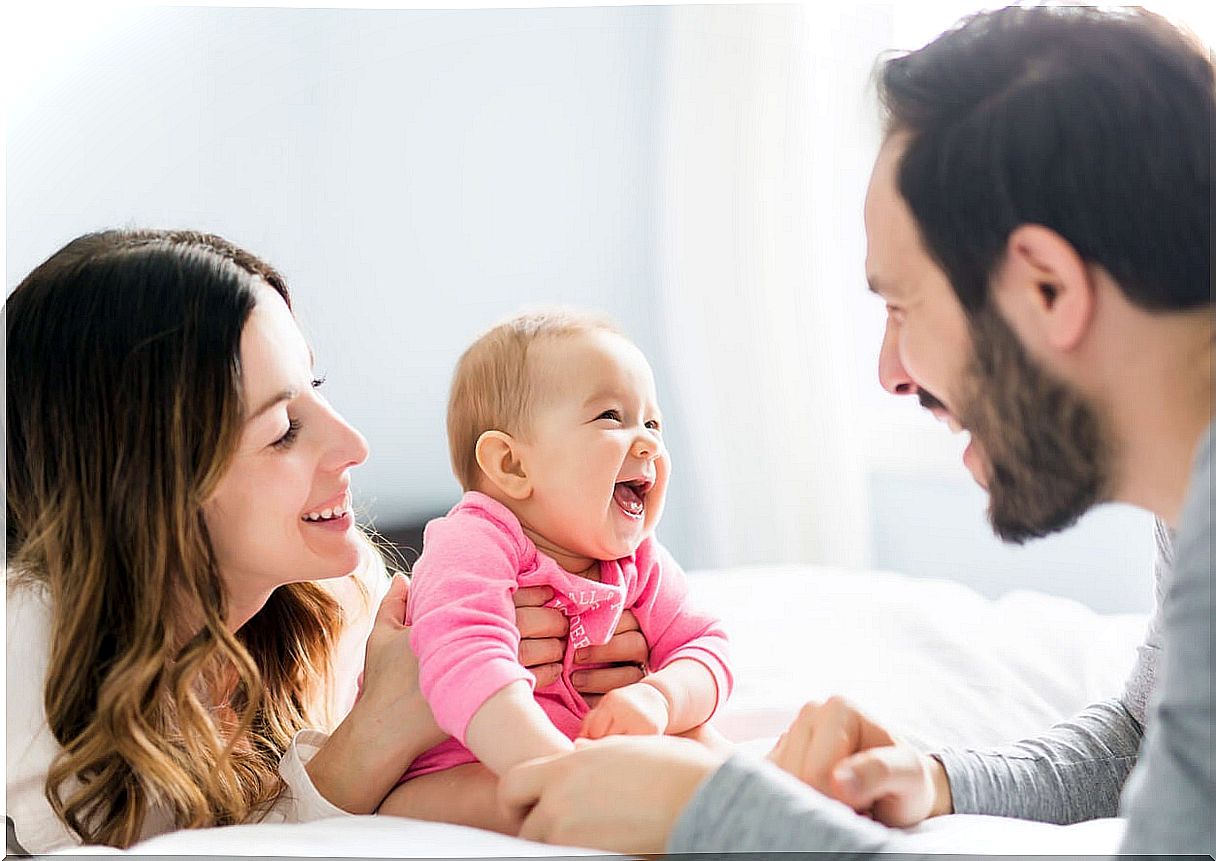
If between four and six months tickling is the main stimulant of the baby’s laughter, from now on new alternatives emerge. At this age, the permanence of objects begins to develop, so hide-the-face games such as “cuckoo” can make your baby laugh.
Laughter is part of the evolutionary process
As you can see, laughter and its causes evolve as the baby grows. It is closely related to their abilities and learning, but, above all, to the social sphere and the ability to bond with other human beings. Understanding and following the development of your little one will help you understand why certain stimuli make him laugh at all times. But beyond this, remember that laughter is an excellent tool to strengthen your connection. Therefore, do not hesitate to share moments of play and fun with your little one whenever possible.
